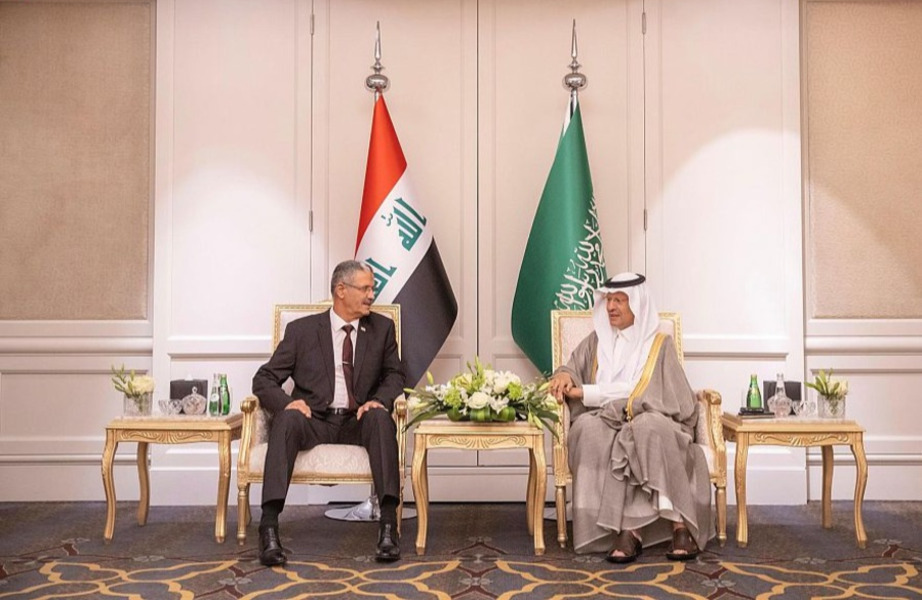Hayan Abdul Ghani, Iraq’s Deputy Prime Minister for Energy Affairs and Oil Minister arrived in Riyadh a few days before the OPEC+ alliance meeting on December 4, where there was a renewed emphasis on adhering to the most recent alliance decision, which extends until the end of 2023.
During the visit, Abdul Ghani met with Saudi Energy Minister Prince Abdulaziz bin Salman, during which they discussed developments in the global oil markets. The Saudi and Iraqi ministers emphasized the importance of cooperating within the framework of OPEC+. The two also pointed to “the ability to take further measures, if required, to achieve balance and stability in the market.”
This came in a joint statement issued by the Saudi Ministry of Energy on Thursday night – Friday. The report also stated that the two ministers emphasized “their countries’ commitment to the recent OPEC + group decision, which extends until the end of 2023.”
OPEC+ – an alliance between the Organization of Petroleum Exporting Countries (OPEC) along with other Russian-led oil producer members – in October announced plans to cut oil production until the end of 2023.

Part of the meeting (Photo credit: SPA)
In conjunction with the Iraqi minister’s visit, a phone call took place between Iraqi Prime Minister Muhammad Shia al-Sudani and Russian President Vladimir Putin, who stated that Western plans to impose a price ceiling on oil could have “serious consequences” on energy markets.
According to a Kremlin statement, “President Vladimir Putin stressed, during a phone call with the Iraqi prime minister, that such actions contradict market relations principles and are likely to have serious consequences for global energy markets.”
Both sides praised the collaborative effort with the participation of Russia and Iraq within the framework of OPEC+, which allows for the global oil market to remain stable.
Putin’s warning came as European Union (EU) governments remained divided on the level of Russia’s oil price cap, which was imposed to limit Moscow’s ability to afford the costs of its war in Ukraine without disrupting global oil supplies. More talks are likely to take place on Friday if positions do not diverge.
Read more: For these reasons, OPEC+ will not increase production at the next meeting
On Wednesday, the EU countries failed to reach an agreement on the price of Russian oil transported by sea, because some considered the proposal outlined by the Group of Seven (G7), which ranged between $65 and $70 per barrel, to be too high, while others thought it was too low.
The European Commission and the Czech Republic, which currently holds the EU presidency, as well as the United States and Germany, which currently hold the G7 presidency, were in talks Thursday to narrow their differences and reach an agreement before the December 5 price cap takes effect.
Six of the EU’s 27 member states oppose the G7’s proposed price caps. Poland, for example, opposes the European Commission’s proposal to cap the price of Russian oil at $65 per barrel because it is deemed too flexible for Moscow. Greece, a major player in the oil transportation industry, has also refused to set a price cap of less than $70 per barrel.
The G7 proposal caused the price of Brent crude to fall on Thursday. The larger-than-expected increase in US gasoline inventories, as well as the expansion of COVID-19 restrictions in China, weighed on crude prices.
According to Reuters, Brent crude futures fell 29 cents, or 0.3 percent, to $85.12 per barrel, while US West Texas Intermediate crude futures rose two years to $77.96 per barrel.








